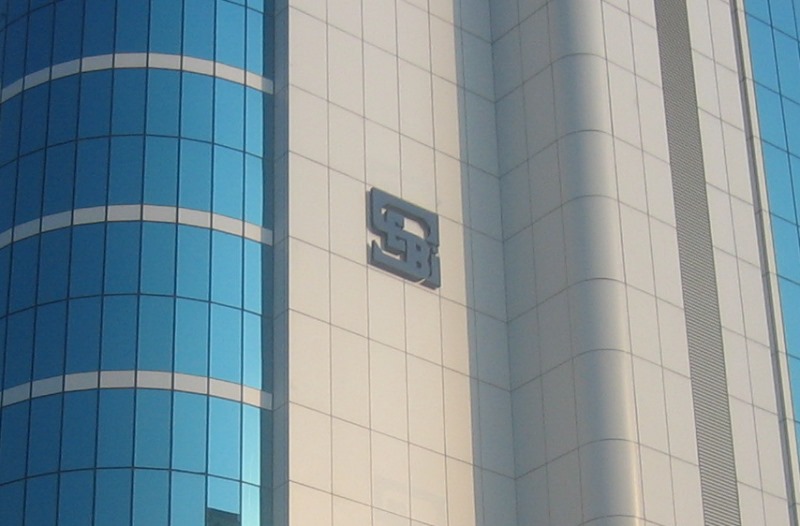 SEBI
SEBI
SEBI investigations reveal six investment banks charged SMEs fees equal to 15% of IPO size: Report
Mumbai/IBNS: India’s securities regulator, the Securities and Exchange Board of India (SEBI), is investigating six domestic investment banks over concerns about malpractice in the country’s booming IPO market for small businesses, Reuters reported, citing two sources familiar with the matter.
The investigations, which started earlier this year, focus on the fees charged by these banks.
The sources, who requested anonymity due to the confidential nature of the probe, told Reuters that SEBI discovered at least six small investment banks charging fees equivalent to 15 percent of the funds raised through IPOs.
This is significantly higher than the typical fee range of 1-3 percent in India.
Reuters was unable to identify the banks involved, and SEBI did not respond to requests for comment.
These investigations are part of SEBI's broader efforts to protect investors from the risks associated with certain small business IPOs and its plans to introduce stricter regulations for these offerings.
In India, small and medium enterprises (SMEs) with an annual turnover between Rs 5 crore and Rs 250 crore can list on specific segments of the BSE and NSE, according to reports.
These IPOs face fewer disclosure requirements and are reviewed by the exchanges rather than SEBI, as is the case for larger public offerings.
Reuters reported, citing a source, that SEBI's initial findings suggest that these inflated fees are linked to attempts to ensure the oversubscription of IPOs.
The regulator is also investigating the possibility of coordinated efforts between investment banks and certain investors who manipulate the bidding process.
These investors place large bids as both high-net-worth individuals and retail investors, only to cancel them later, artificially boosting demand and attracting more bids from other investors.
India's IPO market, including the SME segment, has seen rapid growth. In the last fiscal year, 205 small businesses raised Rs 6,000 crore, up from 125 companies raising Rs 2,200 crore the previous year, according to data from PRIME Database.
Between April and August this year, 105 small firms have raised Rs 3,500 crore, with over two-thirds of the offerings being oversubscribed.
Earlier this month, SEBI official Ashwani Bhatia noted that IPOs for SMEs have lacked adequate checks and balances, and the regulator is working on a proposal for stricter rules, according to Reuters.
In July, SEBI imposed a 90 percent cap on first-day share price gains for small firms to address market volatility.
Additionally, SEBI has urged auditors and stock exchanges to closely monitor IPO documents and prevent listings if the provided information is unsatisfactory.
The regulator is also developing 12-15 action points to reform the IPO process for smaller firms, one source told Reuters.
Support Our Journalism
We cannot do without you.. your contribution supports unbiased journalism
IBNS is not driven by any ism- not wokeism, not racism, not skewed secularism, not hyper right-wing or left liberal ideals, nor by any hardline religious beliefs or hyper nationalism. We want to serve you good old objective news, as they are. We do not judge or preach. We let people decide for themselves. We only try to present factual and well-sourced news.







